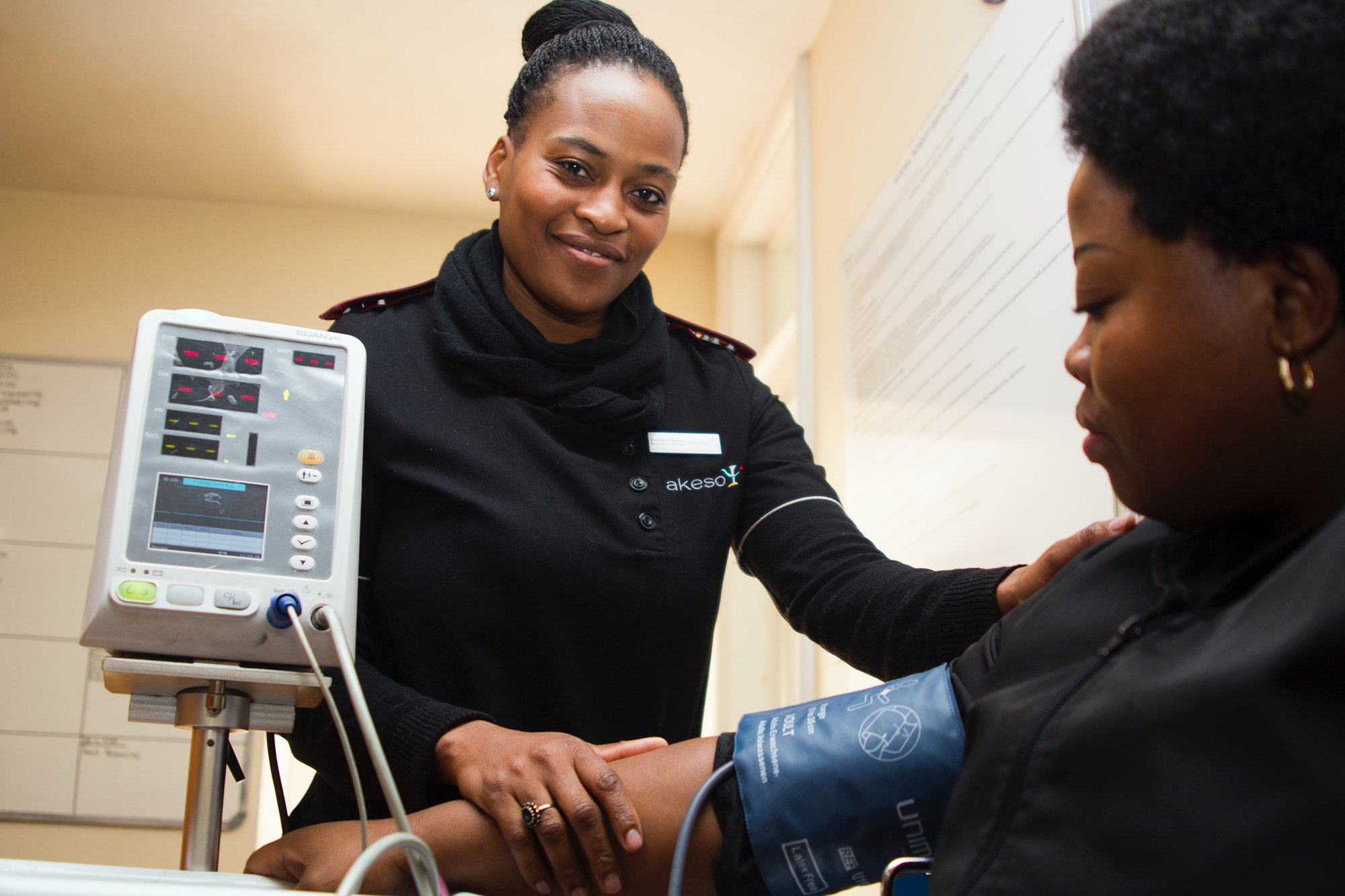REPORT: How mobile clinics lower costs and generate revenue for health care organizations

How do mobile clinics reduce costs?
The COVID-19 pandemic has sparked innovation in health care delivery, including new and expanded use of mobile clinics. In addition, the pandemic has raised awareness about long-standing disparities and the need for community-based solutions to advance health equity.
There is strong evidence that mobile clinics improve health outcomes and reduce costs to the health care system and to society-at-large. Likewise, we need to understand how mobile clinics reduce costs and align with health care organizations’ financial incentives.
Business pressures shape decisions about community programs
In this report, we explore how mobile clinics support the business objectives of health care organizations. By understanding how health care leaders view mobile health programs and their impact on the organization’s bottom line, mobile clinics can sustain or expand their efforts to deliver health care to underserved communities.
We conducted semi-structured key informant interviews with 25 health care leaders to explore their views and experiences related to mobile health care. Subsequently, we used thematic analysis to identify patterns and create a conceptual framework. An advisory group with expertise in mobile health, health management, and health care finance informed data collection and analysis.
New framework for equity and impact
Health care leaders described multiple ways mobile clinics bolster business objectives of health care organizations. For example, many discussed the impact of mobile clinics on organizational culture, business strategy, budget, and health equity. With this in mind, we present a conceptual framework that demonstrates how these factors, supported by community engagement and data, come together to form a business case for mobile health care.
The report provides a timely, in-depth look into mobile clinics. Furthermore, it helps us understand how they advance health while reconciling the business pressures that health care organizations face.
Download the full report or an executive summary.
Download the full report or executive summary to read how mobile clinics do the following:
- Bridge gaps in access to quality care
- Build trust with marginalized communities
- Attract, inspire, and retain healthcare talent
- Create new business opportunities
- Encourage innovation and community engagement
Why does this report matter?
The COVID-19 pandemic shed light on fundamental problems with the healthcare system, including gaps in access to care, soaring costs, provider burnout, and a lack of trust, especially among underserved and marginalized communities.
Mobile health programs provide a community-based, high-value, and sustainable solution. Mobile clinics care for thousands of underserved communities across the United States fostering relationships and meeting people where they are.
For more information or to schedule a conversation about this report, please contact us at MobileHealthMap@hms.harvard.edu.
